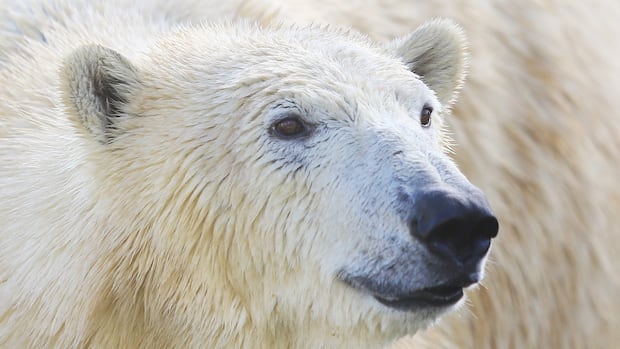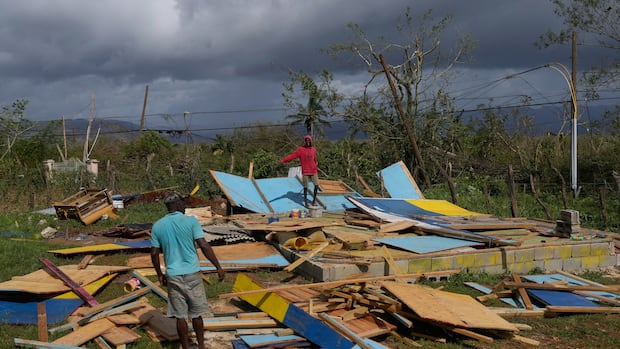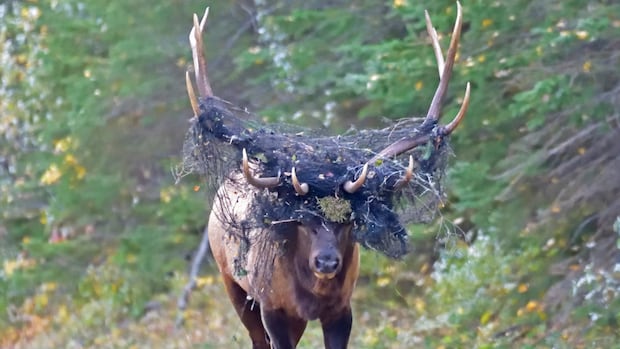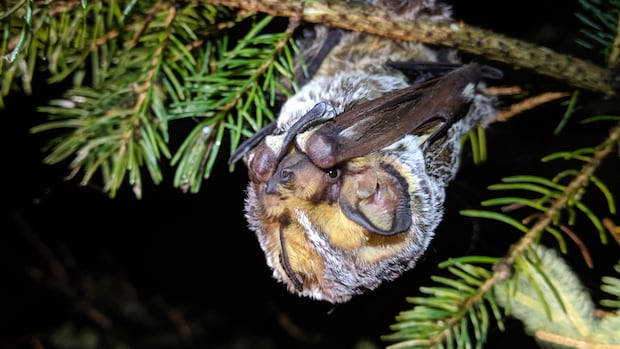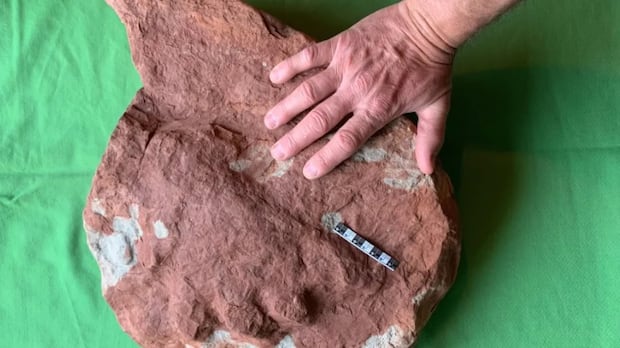As It Happens3:09When a polar bear kills, it feeds a whole ecosystem
When a polar bear kills its prey, it’s not the only one who gets to reap the bloody benefits.
Many of nature’s apex predators guard their dinner from scavengers until they’ve gobbled up every last morsel and licked the bones clean. But scientists say polar bars tend to eat what they need, and leave the rest behind for other Arctic critters to munch.
A new study, published the journal Oikos, estimates that one polar bear provides roughly 300 kilograms of meat per year for other animals to dine on. With 26,000 polar bears in the Arctic, that’s a whopping 7.6 million kilograms of food annually.
“If we lose polar bears from the Arctic … nothing can replace that,” Holly Gamblin, wildlife biologist at University of Manitoba, told As It Happens host Nil Köksal. “There’s no other comparable species that is doing this.”
Sharing is not necessarily caring
By sharing the spoils of the hunt, polar bears are providing what’s known as an “ecosystem service,” says Gamblin, the study’s lead author. And it’s in stark contrast to the behaviours of many other top predators, like mountain lions and wolves.
But polar bears, she says, aren’t doing this out of the kindness of their hearts.
“I can’t say that they have this altruistic nature about them,” she said. “But what they do have is this blubber specialist diet.”
Polar bears, she says, really only want to eat one thing — and that thing is blubber, the thick layer of warming fat under the skin of marine animals like seals and penguins.
“They’re usually stripping that first,” Gamblin said. “They don’t really care so much about the meat that’s left over. It’s hard for them to digest that protein.”
Geoff York, a polar bear researcher who wasn’t involved in this study, says polar bears will go beyond the blubber if they’re hungry enough, but they definitely prefer those fatty morsels.
“Much like brown bears along salmon streams become more selective as they gain weight, eating only the eggs of spawning salmon and leaving the carcass, polar bears in good body condition also focus on the fat from marine mammal prey,” York, director of research at the conservation group Polar Bear International, said in an email.
And one Arctic carnivore’s trash is another’s treasure.
The study, which includes scientists from the University of Alberta, confirmed 11 vertebrate species have been documented scavenging polar bears’ discarded meat, including wolves, foxes, gulls, hawks, snowy owls and grizzly bears.
The team also identified another eight species as potential scavengers because they’ve been spotted on the sea ice, but haven’t been observed eating polar-bear cast-offs.
Chief among the benefactors are Arctic foxes, who are known to follow polar bear tracks way out onto sea ice in the hope of snagging some meaty scraps.
“Arctic foxes are kind of considered the best friend of polar bears,” Gamblin said. “So polar bears making kills and fattening up can actually impact Arctic fox populations from year to year.”
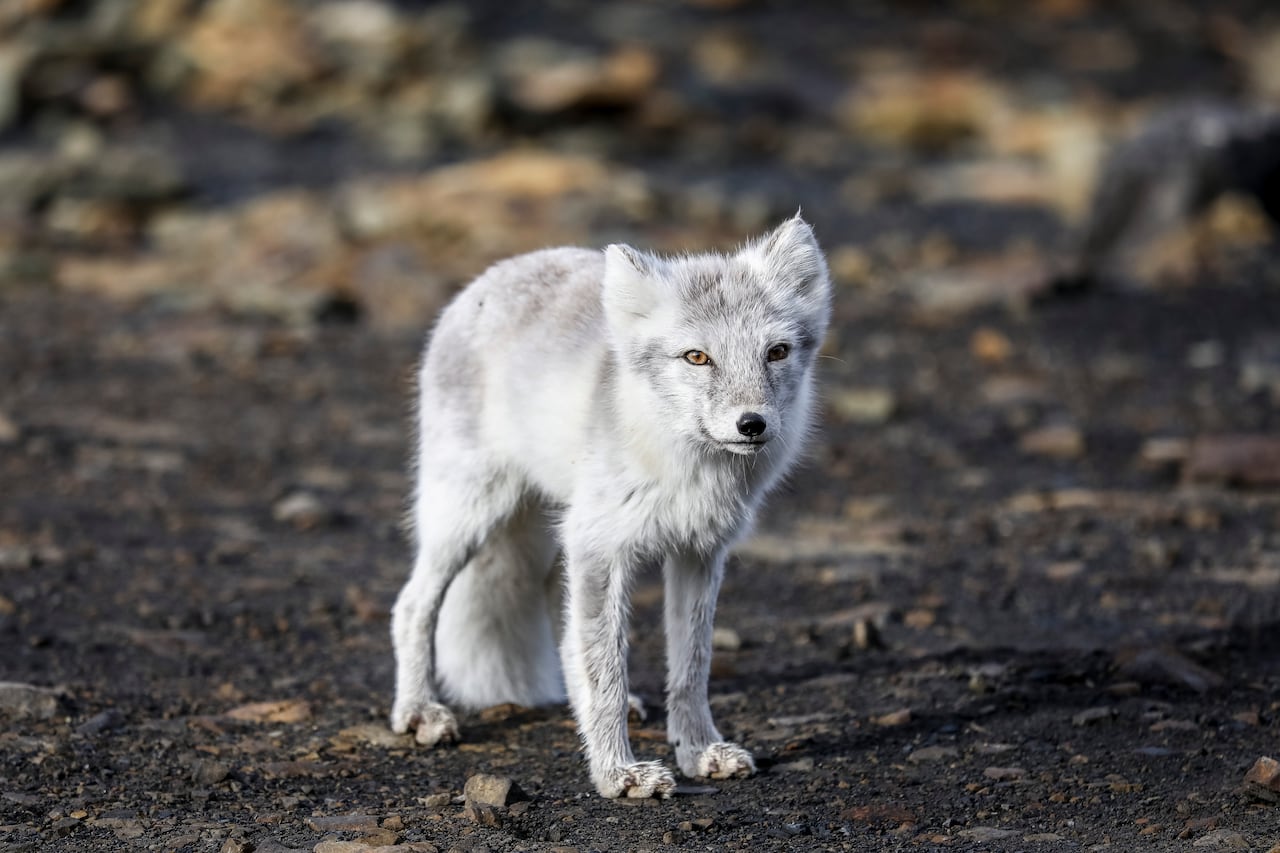
But polar bear populations are declining rapidly.
One study from last year estimates that polar bears could disappear entirely from Hudson Bay over the next couple of decades because of melting sea ice from climate change.
Gamblin and her colleagues note that polar bear populations declined 32 per cent in the Western Hudson Bay between 1987 and 2011, and 44 per cent in the Southern Beaufort Sea between 2004 and 2016.
Those losses alone amount to 323,000 kilograms in lost food resources for other Arctic animals, the study’s authors say.
That’s just one more reason why it’s important to protect polar bears, says York.
“The potential loss of top predators is not about the loss of a single species, but the loss of a key player in the ecosystem that will have domino effects across the Arctic,” he said.


